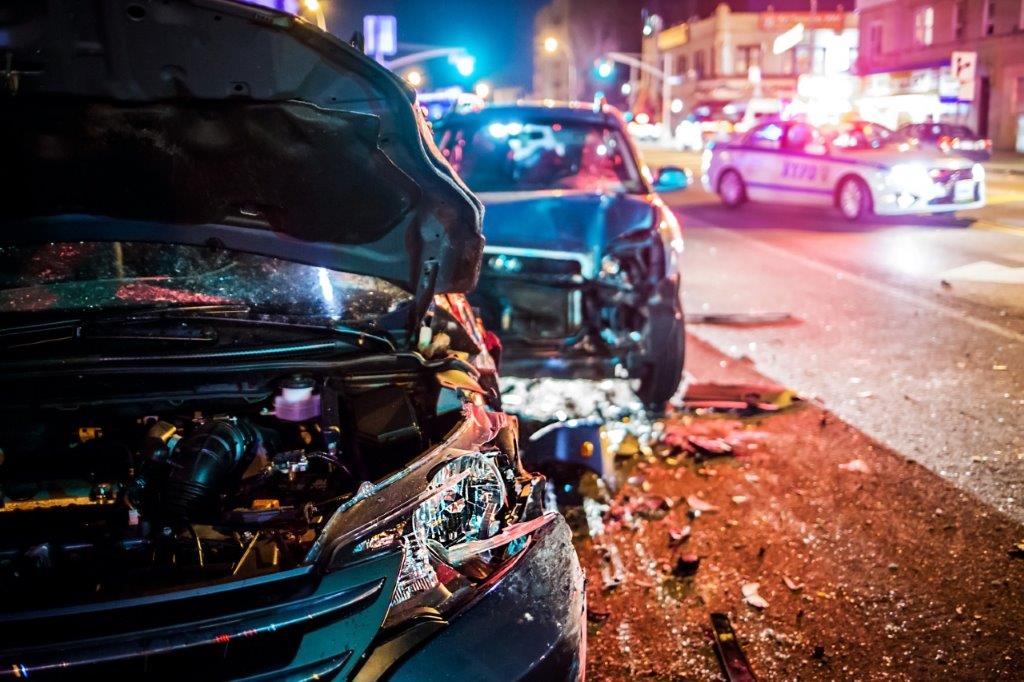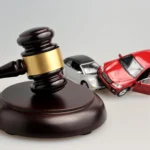Washington is not a no-fault state for car accidents. Instead, it operates under a system known as “at-fault” or “fault-based” insurance. In a no-fault insurance system, each driver’s insurance company pays for their own medical expenses and certain other damages, regardless of who caused the accident. In contrast, in an at-fault system, the driver who is determined to be at fault for the accident is responsible for covering the damages incurred by the other party.
Under Washington’s at-fault system, when a car accident occurs, liability is assigned based on the degree of fault of each party involved. This determination is typically made by insurance companies during the claims process or can be decided in court if a settlement cannot be reached.
Also Read: WASHINGTON CAR ACCIDENT LAWS – FQA
There are several key aspects of Washington’s at-fault insurance system that you should be aware of:
- Determining Fault: When an accident occurs, insurance companies investigate the circumstances to determine who was at fault. Factors such as eyewitness statements, police reports, and other evidence are considered in this process. The at-fault driver’s insurance company is then responsible for paying for the damages incurred by the other party.
- Insurance Requirements: Washington law mandates that all drivers carry liability insurance coverage. This insurance is designed to cover the costs of injuries and property damage that the at-fault driver may cause to others. The minimum liability insurance limits in Washington are set by law.
- Comparative Fault: Washington follows a system of comparative fault, which means that more than one party can be assigned a degree of fault in an accident. In such cases, each party’s compensation is adjusted based on their respective levels of fault. If you were partially at fault for an accident, your compensation may be reduced accordingly.
- Uninsured and Underinsured Motorist Coverage: In Washington, uninsured and underinsured motorist coverage is also required as part of an auto insurance policy. This coverage helps protect you if you’re involved in an accident with a driver who doesn’t have insurance or has insufficient coverage.
- Personal Injury Protection (PIP): While Washington primarily operates under an at-fault system, it also allows for Personal Injury Protection (PIP) coverage. PIP provides benefits for medical expenses and lost wages, regardless of fault. However, PIP is optional in Washington, and drivers can choose to purchase it or not.
- Legal Recourse: If you believe you were not at fault for an accident and the other party’s insurance company is unwilling to offer a fair settlement, you have the option to take legal action and pursue a lawsuit against the at-fault driver.
Washington is not a no-fault state for car accidents. It follows an at-fault insurance system where liability is determined based on fault, and the at-fault driver’s insurance company is responsible for covering the damages incurred by the other party. Understanding the nuances of Washington’s insurance laws is crucial for drivers to navigate the aftermath of car accidents and ensure they receive fair compensation when they are not at fault. It’s also important for individuals to consider additional coverage options like PIP and uninsured/underinsured motorist coverage to protect themselves in various scenarios.







